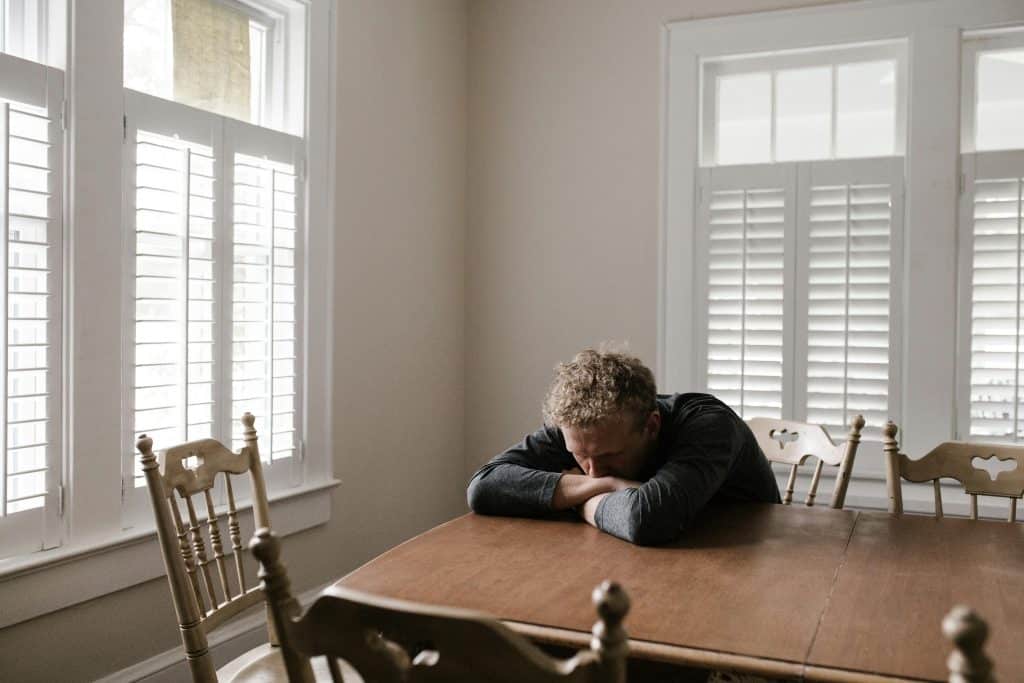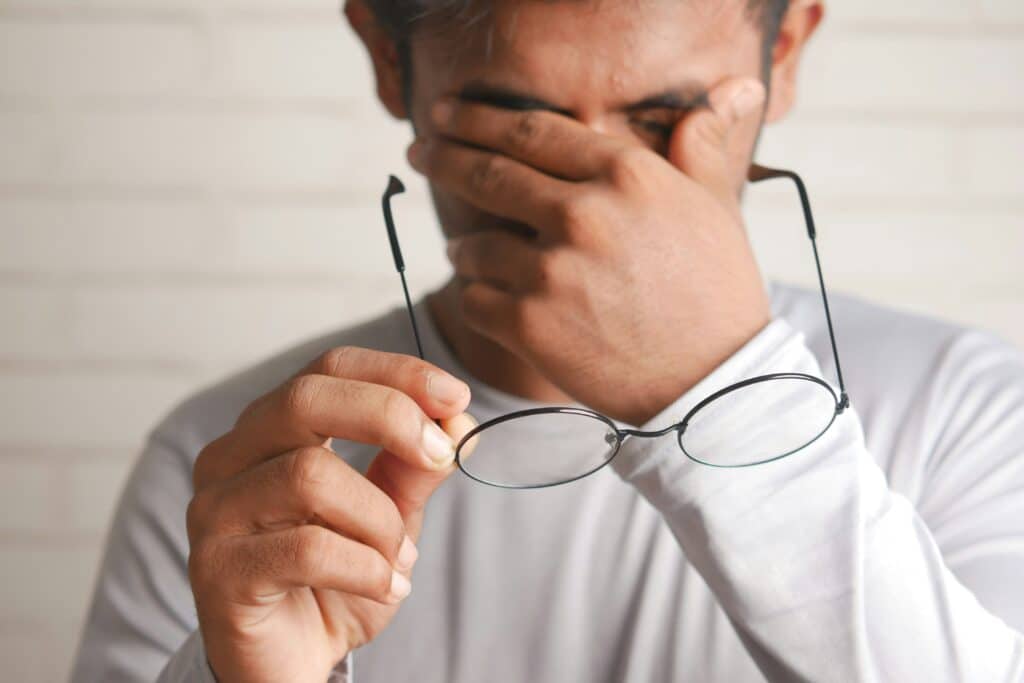Your mental health does not respect borders and moving to another country alone or with your family can throw you off balance. An anxiety attack is not uncommon and know that if you or a loved one has suffered from one, they are not alone. In this blog we will look at what an anxiety attack can look like and what you can do to limit its impact or duration.
Anxiety disorders are a group of mental illnesses characterised by excessive fear, anxiety and panic attacks, with a higher prevalence in women. One of the most common anxiety disorders is panic disorder, also known as agoraphobia or ‘anxiety attack’. It is defined as an episode of anxiety of abrupt onset and short duration, accompanied by a range of organic and/or psychological symptoms.
How does it manifest itself?
An anxiety attack is characterised by a sudden feeling of intense fear or discomfort that develops within minutes. This discomfort often reaches an unbearable point and sometimes the intensity of the symptoms can cause people to mistake an anxiety attack for a heart attack.
Although the duration of these episodes can vary from person to person, they generally last between 10 and 45 minutes. Anxiety attacks can occur either from a calm state or from a state of previous moderate anxiety. Once the attack has passed, the person tends to return to their previous emotional state, but this does not preclude the possibility of further attacks in the short term.

Symptoms may include:
- Palpitations, tremors, sweating, tingling.
- Feeling of suffocation, chest pain, shortness of breath, abdominal pain, nausea and vomiting.
- Dizziness, feeling of instability – presyncope, feeling of imminent death, fear, seeing oneself as a third person (depersonalisation).
In cases where the patient goes to a medical centre, and especially if it is a first episode and there has been no previous diagnosis, it should be differentiated from other diseases of organic origin that can cause similar symptoms, including:
- Cardiac diseases: angina pectoris, myocardial infarction, pulmonary thromboembolism.
- Endocrine diseases: hypoglycaemia, hyperthyroidism, hypothyroidism, etc.
- Intoxications (pharmacological, medicinal, etc.), withdrawal syndrome.
- Side effects of medicines.
What are the treatments?
Anxiety disorders are common and can cause significant dysfunction in the lives of those who suffer from them. Treatment for anxiety disorders must be specific and tailored to the individual patient. There are effective treatments for anxiety disorders that can help most people with anxiety disorders lead productive and fulfilling lives.

The most effective treatments are a combination of psychopharmaceuticals and psychotherapy. Among the medications, antidepressants are used in higher doses than needed to treat depression. Benzodiazepines, which control symptoms quickly, are also useful, although they should not be used for long periods. There are various psychotherapy techniques for anxiety disorders that aim to teach anxiety management skills.
Urgent hospital treatment is based on:
- Verbal/mechanical restraint (if at risk of self-harm)
- Medication: benzodiazepines (such as diazepam) as first choice.
- If there are no alarming symptoms, referral to a medical centre for primary care assessment / referral to a specialist if necessary.
In summary, treatment for anxiety ranges from lifestyle changes and non-pharmacological therapies to medication in severe cases, and the combination of psychotherapy and medication can be effective for many patients.
Tips on how to manage anxiety attacks
Experiencing an anxiety attack can be an overwhelming and challenging situation, but there are several ways to manage the symptoms and gradually reduce the feeling of distress. It is advisable to:
- Cut down on caffeine and other stimulants.
- Limit the use of alcohol and tranquillisers.
- Take regular aerobic exercise.
- Consider mental health and social support programmes.
- Use strategies such as psychotherapy and relaxation techniques.
- For hyperventilation, breathing into a paper bag may be suggested.

If you are having an anxiety attack, or if you suffer from it regularly, you can try the following to stop it when you feel one coming on.
Relaxation techniques: Find a quiet place and close your eyes to minimise external distractions during the anxiety episode. Avoid being around large numbers of people. Remind yourself that you can do it and that it will only last a few minutes.
Try to remember that the symptoms are not dangerous, just annoying and uncomfortable. Distract your mind with simple activities, such as counting backwards from 100 to 0. Visualise a place that gives you serenity and inner peace.
Control your breathing to avoid hyperventilation and maintain a proper balance between oxygen and carbon dioxide.
Practice progressive muscle relaxation, concentrating on relaxing each muscle group in your body. Use essential oils: inhale a few drops of essential oil on a handkerchief to calm your nervous system.
In addition to these self-management techniques, medical help should be sought if the above strategies do not produce the desired results or if the situation does not permit their use. If anxiety attacks persist after about half an hour, it is advisable to seek (emergency) medical help.
Therapy with a psychologist or mental health coach: Therapy with a psychologist can be very beneficial for those suffering from anxiety disorders or panic attacks. Over the course of sessions, individuals can learn to identify and modify the thought patterns that lead to panic situations. In many cases, therapy can lead to significant improvements in the quality of life of those who receive it.
If you need to intervene with someone who is having an anxiety attack:
- Decide whether the person needs specialist help or whether you can help.
- Get the person to a quiet place.
- Remain calm and speak to the person in a calm and slow manner.
- Let the person talk and express him/herself
- Help the person to use a relaxation technique that will help them to reduce their anxiety.
- Stay with the person until they feel normal again.
Seek medical/specialist help if you don’t feel you can cope.
If you would like to talk to a mental health coach about your mental health, you can access up to three free sessions through the Ecare portal. Ecare coaches cannot help you with an acute anxiety attack, in which case you should seek urgent face-to-face support.
This service is free of charge for all Foyer Global Health clients.


